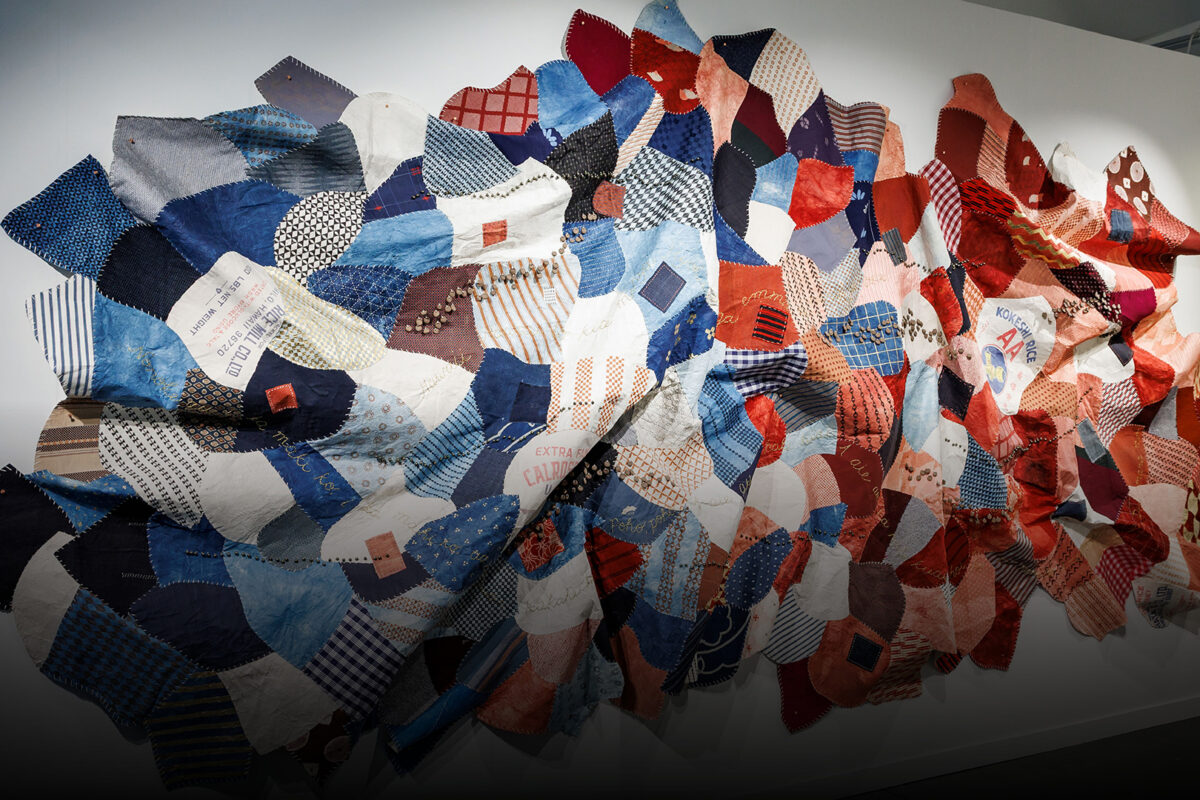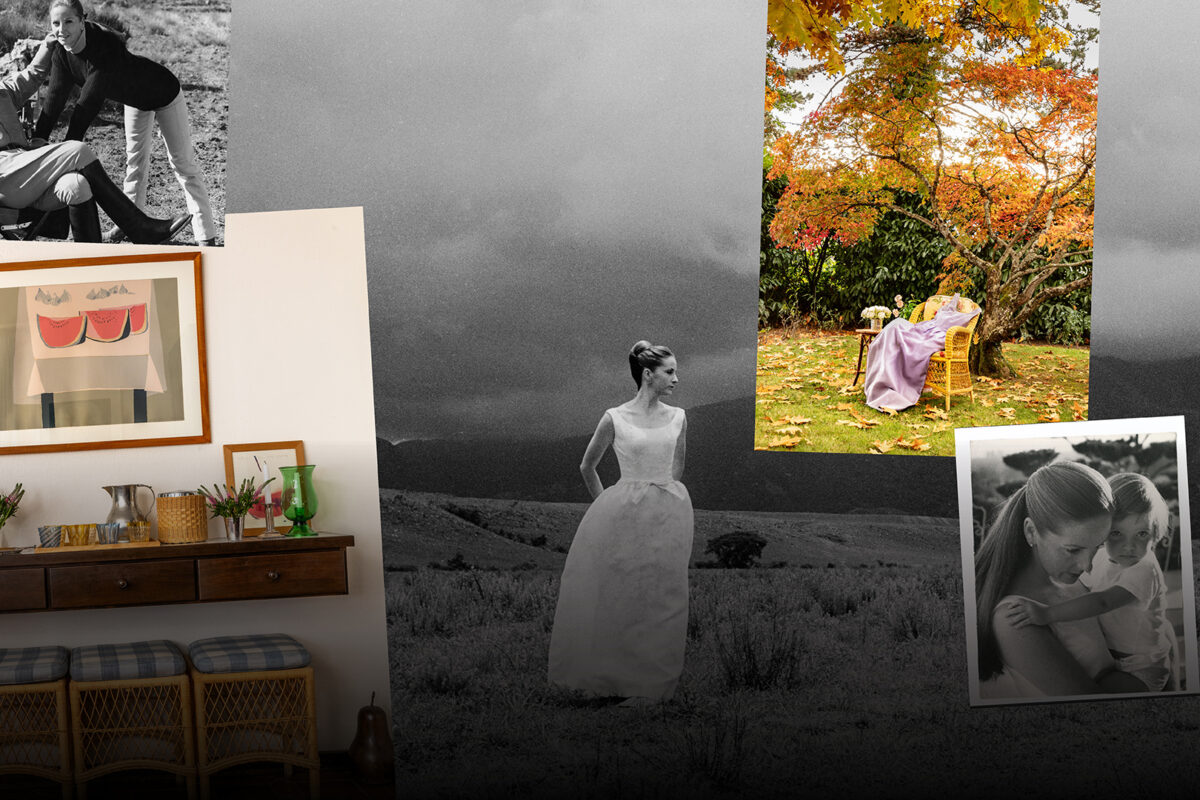Founded by alumni of Goop and Net-a-Porter, slick e-commerce sites and cult cannabis brands are cropping up and competing for premium customers
Words by MOLLY CREEDEN
Illustration by TYLER SPANGLER
When Mario Guzman started discretely growing cannabis 15 years ago, he worked out of a garage in San Francisco’s Sunset District selling to doctors, lawyers, musicians and athletes. “They were concerned that cannabis had a bad image with their kids and co-workers,” he recalls.
Today Guzman’s business, Sherbinskis, produces six highly sought-after strains, including the Gelato series, which earned a cult following when it debuted eight years ago. His products are sold in select dispensaries in California, marketed with short films (in one, an insouciant model smokes a joint, ties her hair in a bun and makes mochi in slow motion) and supplemented by a line of merchandise, including $160 embroidered hoodies and a $5,000 “Presidential Ashtray” made of 24-karat gold and diamonds. Lyrically name-checked by Young Dolph, Calvin Harris and Migos, Guzman’s brand equity is sky-high.
When it comes to creating hype around his products, Guzman is taking cues from the likes of Supreme. (He recently secured a location at 345 Fairfax Avenue, a stone’s throw from the streetwear label’s L.A. base.) So you can expect some big-name collaborations. “Someone I really look up to is Virgil Abloh,” Guzman says. “That’s the model I present to a brand: I’m the Virgil, you’re the Louis Vuitton.” But above hype, he prizes quality. “If something is the best in the world, it should be treated as such. I wanted to create these items that felt good to the hand, looked good to the eye and could be seen in a woman’s purse — that a sophisticated person would want to be associated with,” he says.
In the wake of California’s legalization of recreational cannabis 12 months ago, the state’s “green rush” saw sales in California total around $2.5 billion in 2018, and sales are expected to net $20 billion in the United States by 2021. VCs, hedge funds, e-commerce platforms and branding gurus are fighting to get in on the game. For growers and retailers now, the biggest opportunity lies in the underserved luxury client. While the middle of the market can have legally sold weed delivered to their houses via a few taps on an app, higher-end clients can and will pay to have an elevated experience.
“Positioning Beboe in a lifestyle vein has been key to our success,” says Kiana Anvaripour, vice president of marketing at Beboe (the brand’s co-founders are Clement Kwan, a Net-a-Porter alum, and celebrity tattoo artist Scott Campbell). Since its launch in 2017, Beboe has offered “dinner party cannabis” packaged in sleek rose-gold-colored vape pens and elegant pastille edibles. Now, the brand is partnering with Barneys New York on the retailer’s new cannabis shop-in-shop, The High End (opening in the Beverly Hills outpost). Exclusive to the store: a silver limited-edition Beboe vape pen ($80).
“We’re eliminating the stoner vibe”
Nurit Raphael, founder, Ona Life
While interest in the industry’s potential soars, the landscape remains something of a wild west, without widely held industry standards. But out of the haze, several platforms have emerged with curated experiences and higher-quality offerings. L.A.-based Fleur Marché, launched in January, is the brainchild of Ashley Lewis and Meredith Schroeder, two former Goop staffers who oversaw buying for fashion and beauty. They painstakingly tested and scrutinized everything on their list of about 60 products — such as Populum full-spectrum hemp CBD oil ($59/250 mg) and Life Elements CBD pain sticks ($68) — in addition to four elegant Fleur Marché starter kits ($125-$180). “The goal is to help women get access to an ingredient that could change their lives,” Schroeder explains.
Women, who made up 85 percent of luxury market consumers in 2015, are the focus of many cannabis brands’ efforts. “We’re not the only brand going after this demographic,” says Anna Duckworth, co-founder and editor-in-chief of Miss Grass, an e-commerce platform geared toward accessibility and education. “The people that have purchasing power and influence are an incredibly powerful tool in shifting the narrative around the plant.” The site, which just celebrated its first anniversary, features CBD products and accessories ranging from chic Asche Industries scent-blocking leather pouchettes ($135) to sleek Miwak Junior ceramic pipes ($85). “This is not a different experience to when women shop for clothes or look for beauty products,” says Kate Miller, Miss Grass’ co-founder and CEO. “Women are drawn to things that are premium — everything from packaging to how [brands are] sourcing ingredients and delivering to our doors.”
These new businesses know their clientele expects a standard of customer service set by market leaders Net-a-Porter and Farfetch. “We’re eliminating the stoner vibe,” explains Nurit Raphael, owner and founder of Ona Life. Serving the “Range Rover soccer moms” of Marin County and San Francisco’s priciest neighborhoods, such as Pacific Heights, Ona Life is one of only a handful of legal delivery services in California. Customers can text or instant message, concierge-style, to have premium cannabis products delivered within the hour — for example, Bloom Farms freshly cut flowers ($50) and Francis Ford Coppola’s Limited Edition: Grower Series ($110), which comes with three Humboldt Brothers cannabis strains, a pipe and rolling papers. “I thought it would be great to have this high-end concierge service that will meet you anywhere,” explains Raphael. Ona Life delivers products in sleek white pouches via a fleet of white Toyota Priuses to please their environmentally conscious clients. Raphael also hosts cannabis, yoga and farm-to-table retreats in partnership with Geyser Peak Ranch ($250-$500 for a day trip).
In Los Angeles, high-end CBD experiences and offerings are cropping up in the form of Lit Yoga, a Downtown L.A.-based vinyasa flow and restorative class preceded by a tea and cannabis ceremony ($30). Alternatively, you can hire The Herbal Chef (from $200 a person) to create a dinner or buffet brunch; or pop into The Ritz-Carlton, Los Angeles for a CBD soak and pedicure ($120) or CBD massage (from $245). You might adorn an after-dinner table with a regal box of Lord Jones gummies (from $45), offer a handcrafted wooden box of Lowell Herb Co.’s tasting flight (from $100) to your host in lieu of wine, and in place of a nightcap, unwind with a Dosist Sleep pen ($100).
In fashion, too, the appetite has never been greater. Take The Elder Statesman’s 2018 “High End” sellout capsule collection with tastemaking site Highsnobiety, which included limited-edition intarsia-knit cashmere sweaters emblazoned with leaves, and accompanied the launch of the documentary High End: The Regalization of Cannabis. In the film, Pamela Hadfield, co-founder of HelloMD, a digital healthcare platform for the cannabis industry, assesses the high-end market. “The luxury customer not only wants to feel good internally, but externally, and these products personify that,” she says. “Maybe 50 percent of the brands we see today won’t exist tomorrow, [but] that luxury brand — what that luxury consumer demands from those luxury brands — will survive.”
This story originally appeared in the March 2019 issue of C Magazine.



